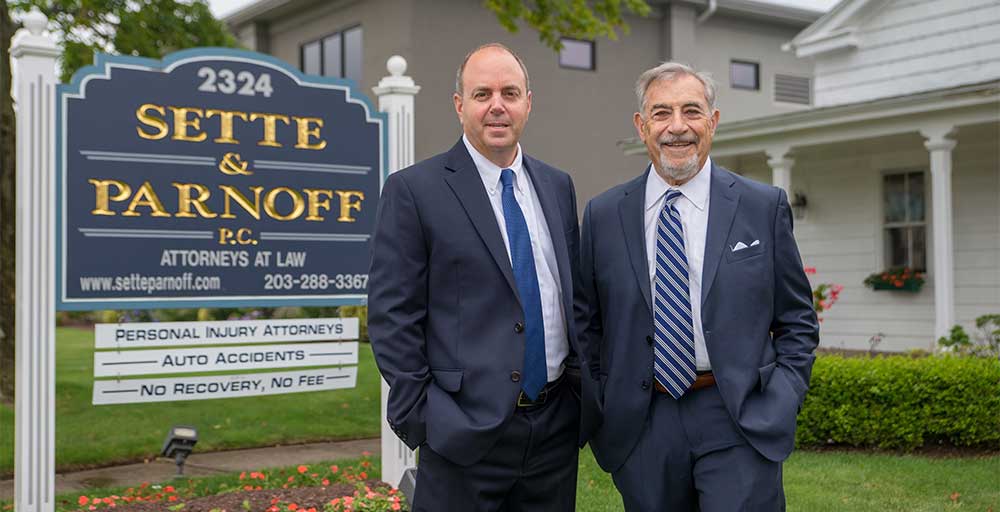When we enter someone else’s property, we assume that the premises are reasonably safe. If they’re not, and we’re injured as the result of a safety hazard, who is responsible? Can we hold the property owner liable for our damages?
A property owner’s duty
Under Connecticut law, owners have a duty of care to those who visit their property. They can’t be expected to prevent every possible injury, but they must to reasonable steps to prevent a foreseeable accident. When they breach this duty, and a visitor is injured as a result, the owner may be held liable for the injured party’s damages. This is the legal theory of premises liability.
A classic example of how premises liability works in a personal injury claim might involve a supermarket owner who fails to clean up a spill on a slick floor. A distracted customer slips on the spill, falls and is injured. The injured customer sues the owner, and a court finds that the owner was negligent by failing to clean up the spill in a timely manner.
Another common example is where a homeowner has faulty outdoor steps and a visitor or tenant falls due to shaky and unsecure railings, treads that are different lengths, holes in the wood or concrete, etc.
These examples make it seem like the theory is easy to apply in any case, but it’s not. The details are very important in these cases and can greatly affect their outcomes. Experts are usually needed as well to show, for instance, that building code violations existed at the time of the incident.
Who is the visitor?
One detail that can greatly affect a premises liability case is the reason why the injured person was on their property when the accident occurred. Under Connecticut law, the extent of the owner’s duty depends on the status of the visitor. The law recognizes three types: invitees, licensees and trespassers.
An invitee, as the name implies, is a person who is invited onto the property. This includes not only houseguests, but also any shopper who is “invited” to visit a store due to the fact that the store is open to the public. Property owners have the greatest duty to invitees. They must inspect the facility for safety hazards, repair them as necessary or at least warn their invitees of the dangers.
A licensee is a person who is on the premises for a more limited purpose. For instance, a repairperson might be invited to work on a supermarket’s refrigerator as a licensee. The owner does not need to inspect the facilities in order to protect a licensee, but they do need to address any unreasonable risk of injury to the licensee that the licensee may not detect, such as an unsafe staircase.
Generally, an owner has no duty to repair safety hazards or warn if the visitor is a trespasser. However, this changes if the owner has reason to believe that children will trespass on the premises. In such a case, the owner must do what is reasonably necessary to avoid children being hurt by correcting the hazard or keeping children away.
Furthermore, owners cannot lay a trap or intentionally harm trespassers, and they do have a duty of care to a trespasser if they know the person is present.
Justice for the injured
No two premises liability cases are exactly alike. Those who have been injured while on another person’s property can speak to experienced professionals about how the law may apply to the unique facts of their accident.

